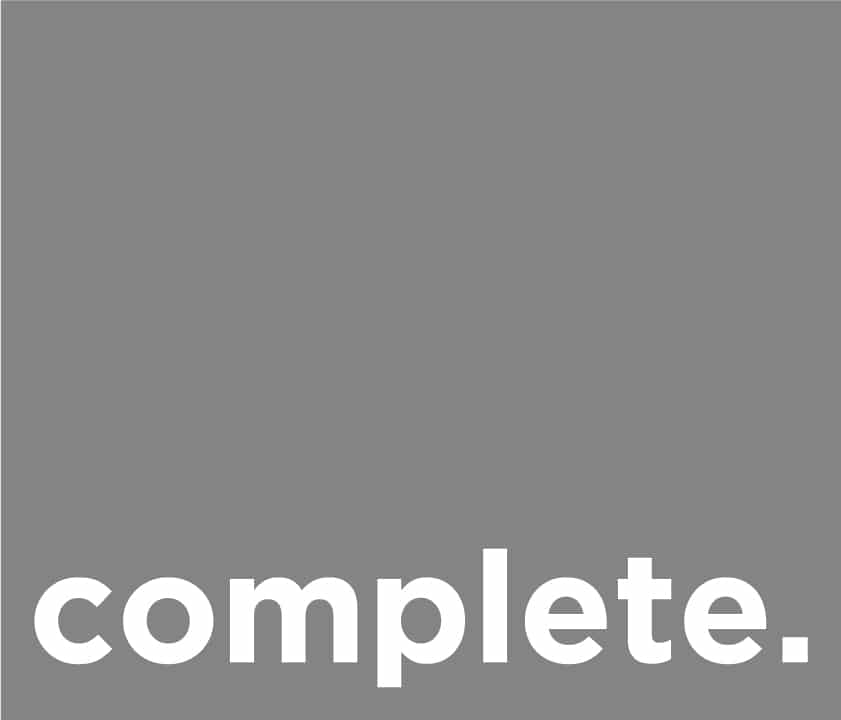Client Money Protection
Download our certification
We are a member of The Property Redress Scheme, you can download our certificate here >
UKALA with Client Money Protection membership Certificate >
UKALA Total Loss CMP Scheme certificate >
Client money-handling procedures
Download our Client Money Handling Procedures here >

Compliance
The information displayed below is to be taken as the Company’s written procedure for Handling Client Money.
These written procedures are set out to ensure compliance with:
- The Property Ombudsman Code of Practice;
- UKALA Conduct and Membership Rules;
- The Client Money Protection Schemes for Property Agents (Approval and Designation of Schemes) Regulations 2018; and
- Any other regulations and statutory requirements as necessary, and to maintain the best practice.
Handling of client money written procedures
As a member UKALA and The Property Ombudsman Service, we adhere to the Rules of Conduct and any other regulations as necessary by adhering to the following procedures:
- All Client Money is held in a Client Money Account with an authorised bank or building society, details of this can be found in our terms of business;
- We maintain one or more Client Money Account(s) into which all Client Money is paid;
- We ensure that Client Money Account(s) are designated as such and are easily distinguished from other accounts;
- We have confirmed in writing with the bank holding the Client Money Account that the bank acknowledges that monies in the Client Money Account must not be combined with, or transferred to, any other account maintained by the Company, and the bank shall not be entitled to exercise any right of set off or counterclaim against the money in that Client Money Account in respect of any sum owed to it in respect of any other account of the Company;
- We keep records and accounts that show all dealings with Client Money and demonstrate that all Client Money held by the Company is held in a Client Money Account;
- We publish our procedures for handling Client Money on our website;
- We provide a copy of our procedures for handling Client Money to any person who may reasonably require a copy, free of charge;
- We keep records and accounts that show all dealings with Client Money;
- We repay any Client Money without delay if there is no longer any requirement to retain that money or the relevant client requests it; and
- We hold and maintain Professional Indemnity insurance cover that is appropriate for the Company’s size, income, type of work and the amount of Client Money held.
General controls
Complete ensure that:
- Employees have clear segregation of duties and responsibilities and that a Principal or appropriately qualified individual oversees the client accounting function;
- It employs competent and knowledgeable staff who are responsible for processing clients’ money and who are familiar with Client Accounting rules;
- Accounting systems and client data are securely controlled and protected;
- Computer systems are adequately protected for access, firewalls, back-ups and disaster recovery;
- There is adequate cover for holiday and long-term absence;
- Principals cannot and do not override controls surrounding the accounting system; and
- All areas of the business apply the same level of controls in relation to the client accounting function.
Client bank accounts
Complete ensure that:
- We hold clients’ money in one or more client bank accounts separate from all other monies;
- Client money is available on demand;
- The bank account is correctly titled to include the name of the Company and the word “client” to distinguish the account from an office or any other account; and
- We have obtained written consent if the Company is to retain interest.
Client accounting systems and controls
Complete ensure that:
- Accounting records and systems are appropriate to the nature and volumes of client account transactions;
- Systems provide details of all money received into and paid from all client accounts and show a running balance of all client money held in that account;
- Systems identify all receipts and payments to the client to which they relate; for example, by means of client ledgers showing cash balances held on behalf of clients at all times;
- Accounting records are completed chronologically and promptly;
- The current balances at the total and client levels are always available;
- All ledgers have the client name and an appropriate description, e.g. the property address;
- Overdrawn balances on client ledgers are prevented by the systems or controls in place and where they do occur are investigated and rectified immediately;
- Adequate controls are in place over unidentified client money to ensure that such funds are kept securely. The client should be located and reimbursed as soon as possible. Such funds held for more than six years may be donated to a registered charity;
- A central list of client bank accounts is maintained including dates of opening and closing of accounts;
- A reconciliation is completed at least once every month where clients’ money is held in a general client account. This is produced as a formal statement, and any unresolved differences or adjustments are fully investigated and explained. Any errors identified in the reconciliation process are promptly rectified;
- Reconciliations are reviewed and signed off by a Principal or an appropriate independent senior member of staff; and
- Client accounting records, including copies of reconciliations, are securely kept for at least six years plus the current year.
Controls over the payment of client money
Complete ensure that:
- Checks are made to ensure that sufficient funds are held on behalf of the relevant client before payments are made;
- A copy of the bank mandate is held and is up to date;
- Adequate authorisation and supervision procedures are in place for payments made by cheque, bank transfer and electronic methods;
- All payment requests have supporting evidence and that documentation has been authorised in advance by a Principal or other appropriate person;
- Blank cheques are not signed, and unused cheques are kept securely;
- Effective controls are in place over the setting up of new supplier accounts on the system; and
- Cash payments are not accepted.
How much is your home worth?
Get your free instant online property valuation.

